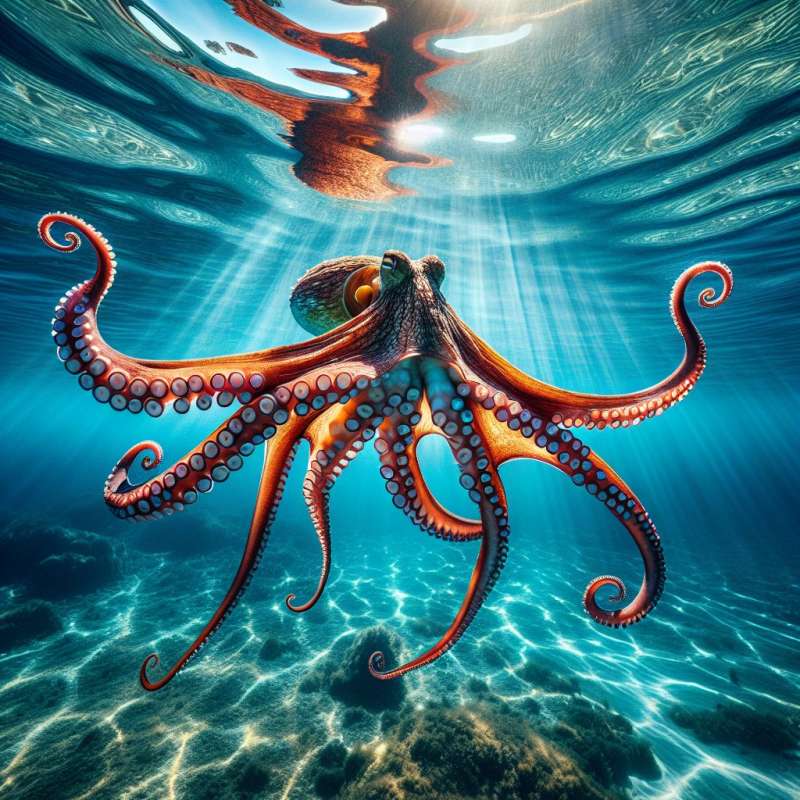
Octopus: Ancient Sea Dwellers
Octopuses are cephalopods, a group dating back over 500 million years. These mollusks have survived mass extinctions, evolving into today's approximately 300 species of octopus.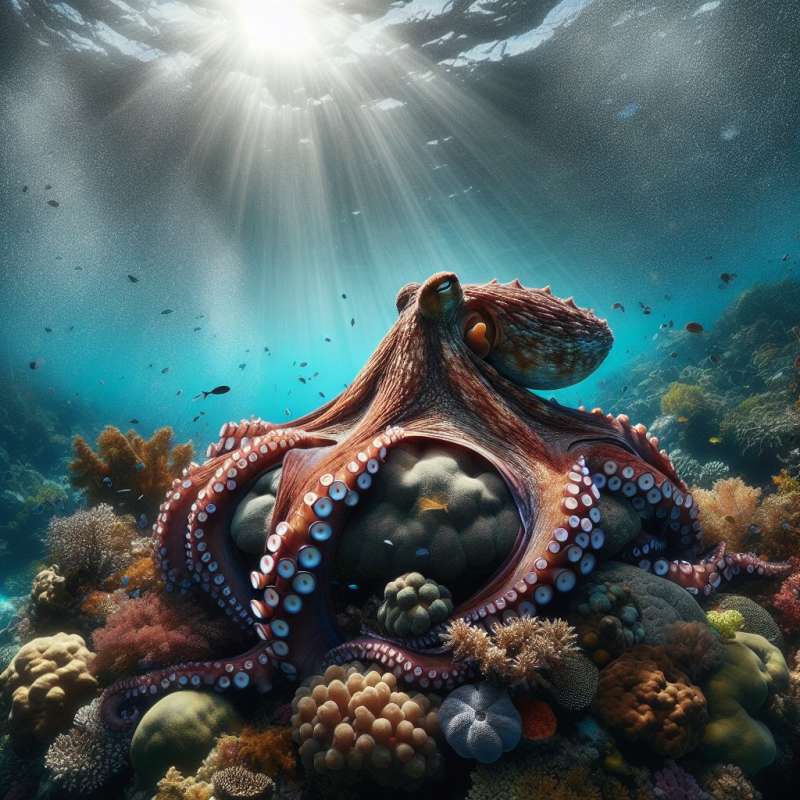
Lifespan Varies by Species
Octopus lifespans range from one to five years, generally. The common octopus lives about two years, while larger species like the North Pacific Giant may live up to five.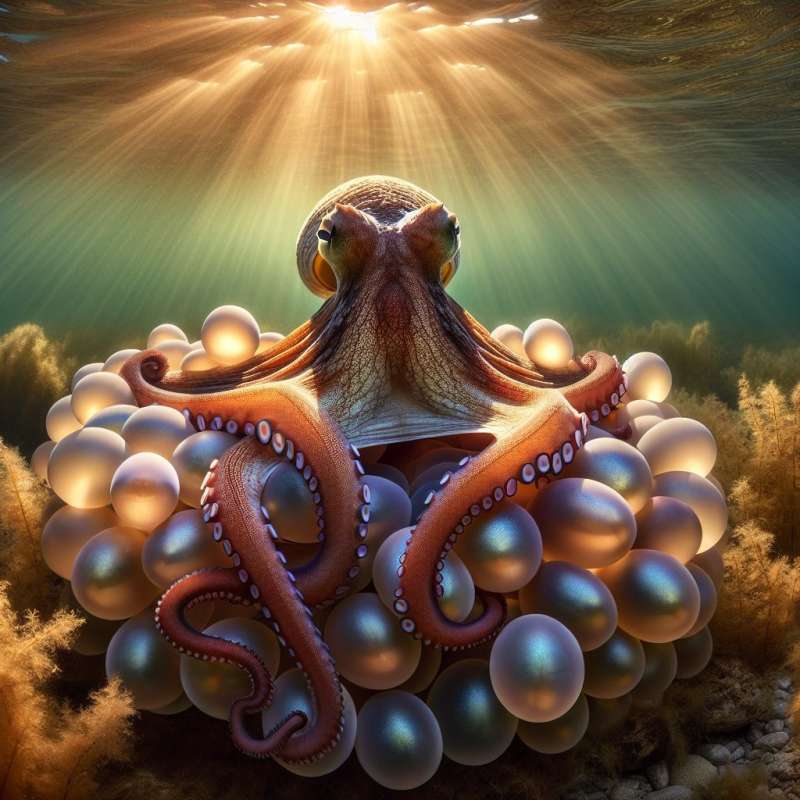
Growth Rate and Reproduction
Octopuses grow rapidly, maturing within a year. They reproduce once before dying; the female painstakingly cares for her eggs, then passes away, making their lifecycle poignant and brief.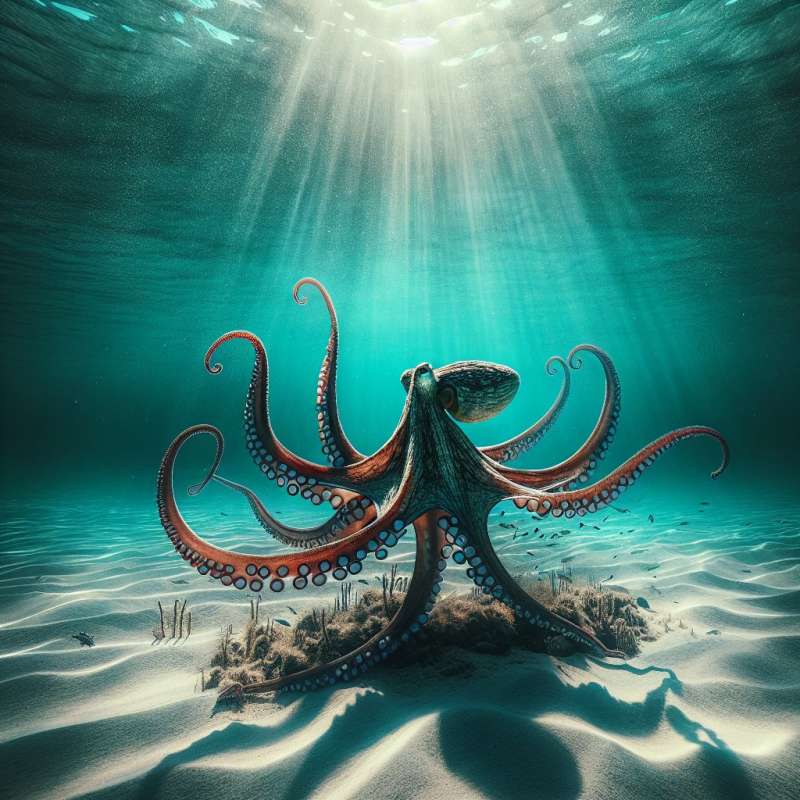
Octopuses' Evolutionary Success
Despite their short lifespans, octopuses have thrived. Their intelligence, ability to camouflage, and adaptability make them remarkably successful survivors in marine environments.
Oldest Octopus Relative
The oldest known octopus fossil, Pohlsepia mazonensis, is about 296 million years old. It shows that the basic octopus body plan has existed for a long time.
Intelligence Across Ages
Octopuses' intelligence is akin to a dog's, with problem-solving abilities and short- and long-term memory. This has been crucial for their survival over millions of years.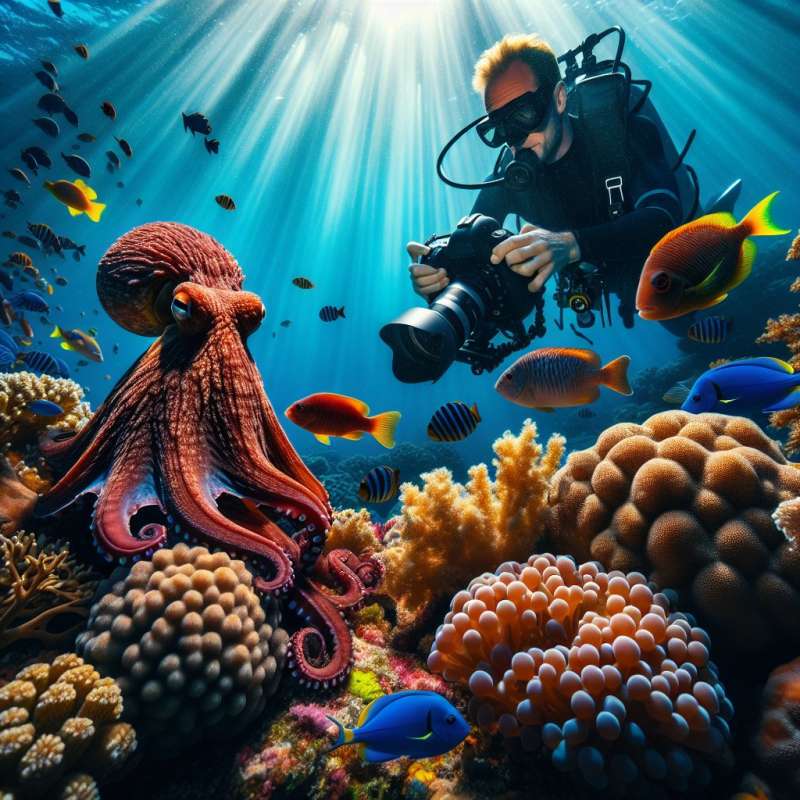
Conservation and Future
Some octopus species are threatened by habitat loss and climate change. Protecting their environment is key to ensuring these ancient creatures continue to thrive for millions more years.Blue Blooded Wonders
Octopuses have blue blood, which is more efficient than human blood in low-oxygen environments, thanks to copper-based hemocyanin.
How old are cephalopods?
Approximately 300 million years
Over 500 million years
About 296 million years
Company